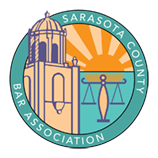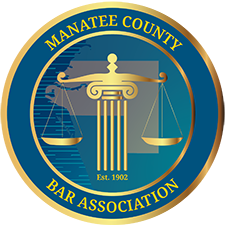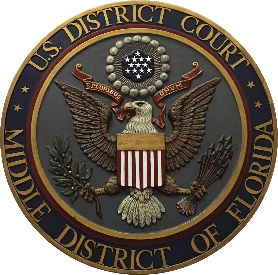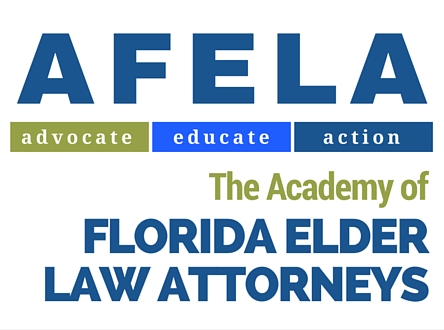For Probate Administration of Probate Assets, Contact Our Sarasota Attorneys
In Florida, the probate court oversees the distribution of a decedent’s assets and payment of his or her debts. If there is a will, the court makes certain the personal representative distributes assets according to the wishes of the decedent. If there is no will, the court will pass the assets to heirs according to Florida statutes.
Some assets are “probate assets” and require probate administration for their distribution. A probate asset is one that was either owned solely by the decedent, or owned by the decedent with other co-owners, but there was no provision for what would happen to the assets upon the decedent’s death. Examples of probate assets include:
- A bank account owned solely by the decedent or co-owned with another that has no provision for transfer to another upon death.
- A life insurance policy or retirement account with no specific beneficiary but payable to the estate upon death.
- Certain real estate, depending on how it is owned, may be a probate asset.
Probate Administration may be formal, summary or non-court supervised, depending on the nature of the probate assets. At our Wills, Trusts, Probate and Elder Law Firm, PLLC, in Sarasota, Florida, we identify probate assets and provide efficient probate administration in order to ensure compliance with requirements of the Florida Probate Code.
IMPORTANT FREQUENTLY ASKED QUESTIONS ON PROBATE ADMINISTRATION
Probate administrations are governed by Chapters 731 – 735 of the Florida Statutes. More commonly referred to as the “Florida Probate Code”. More specifically, Chapter 731, titled “General Provisions”; Chapter 732, titled “Intestate Succession and Wills”; Chapter 733, titled “Administration of Estates”; Chapter 734, titled “Foreign Personal Representatives & Ancillary Administration”; and Chapter 735, titled “Small Estates”.






